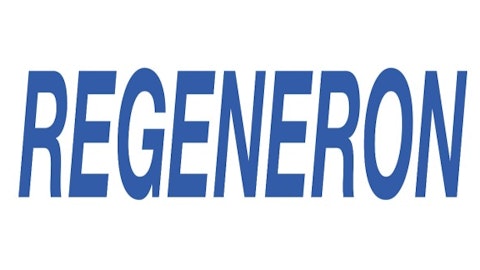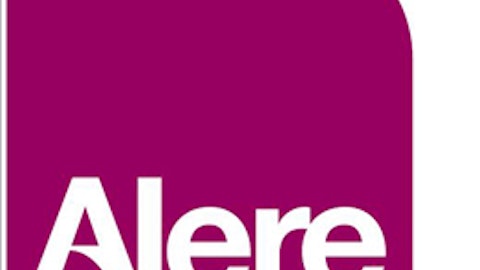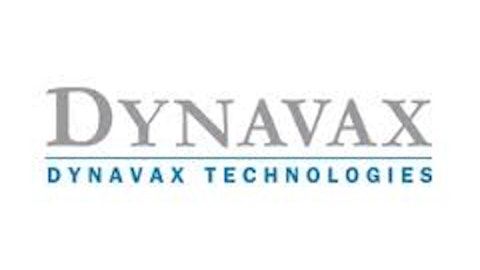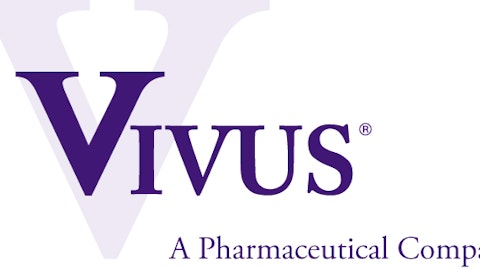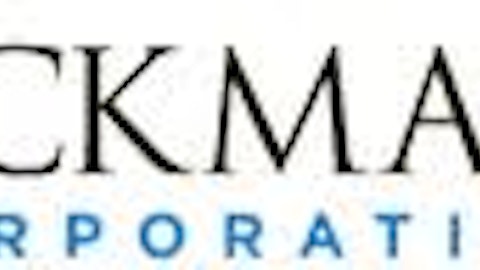How much is trustworthiness actually worth? That somewhat strange thought entered my brain recently after reviewing the latest Harris Physician Pulse Survey. What I discovered in trying to answer my own question might be a little surprising.
Poll position
First, let’s look at how the polling experts at Harris Interactive determined which brand drugs in several categories are most trusted by doctors. 1,034 physicians, including primary care physicians and specialists, were lined up to complete an online survey.
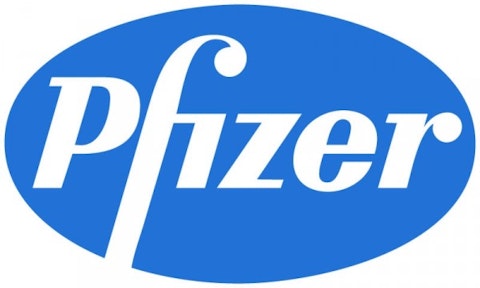
The survey included questions that addressed the perceived functional benefit of specific brand drugs, as well as physicians’ familiarity and “emotional connection” with the drugs. Respondents were also asked about their views on the companies that made the drugs and the sales representatives with whom they interacted.
For this round of the survey, only drugs used in the treatment of asthma, chronic obstructive pulmonary disease (COPD), osteoporosis, pregnancy prevention, and rheumatoid arthritis were included. All of the information was compiled into a score referred to as the Trust Index. The highest Trust Index score possible is 100, which would probably mean that doctors trusted the drug more than they did their own mothers. The lowest score is 0, which is perhaps a little higher than the trust level that most Americans have for politicians in Washington.
Survey says
The survey found that the most trusted drugs in the five categories included were:
| Category | Top Drug | Company |
| Asthma | Advair | GlaxoSmithKline (NYSE:GSK) |
| COPD | Spiriva | Pfizer (NYSE:PFE) and Boehringer Ingelheim |
| Osteoporosis | Actonel | Warner Chilcott (NASDAQ:WCRX) |
| Pregnancy Prevention | Mirena | Bayer AG (ETR:BAYN) |
| Rheumatoid Arthritis | Enbrel /Humira (tie) | Amgen (NASDAQ:AMGN) and Pfizer AbbVie (NYSE:ABBV) |
Source: Harris Interactive.
Harris Interactive discovered that physicians’ connections with and their perception of the pharmaceutical companies and their representatives were as important as the functional attributes of the drugs. This implies that the reputations of the category leaders could help build trust with the companies’ other products.
Analysis of the survey results also showed that the leading drugs had several characteristics in common. These commonalities included being perceived to have differentiating functional benefits and making an emotional connection with physicians. Another common denominator among the top-ranked drugs was that the pharmaceutical companies marketing the drugs were viewed by physicians as thought leaders in the industry.
The value of trust
It makes sense that a drug considered more trustworthy by physicians will be prescribed more by them. Therefore, the more trustworthy a drug is, the higher the sales should be for the drug. Does this line of reasoning hold up with the Harris Physician Pulse Survey?
To find out, I obtained 2012 actual sales results (or estimated results where full-year numbers weren’t available) for the drugs included in the survey. Here’s how the sales figures stack up against the Trust Index calculated from the survey.

Sources: Harris Interactive, company SEC filings, Drugs.com, FiercePharma.com.
It isn’t surprising that most of the category leaders — Advair, Enbrel, Humira and Spiriva — have both high Trust Index scores and high sales numbers. (Note that Glaxo’s Advair appears twice because it is used as a treatment in two categories.) Bayer’s Mirena was the top pregnancy prevention drug but didn’t have nearly as high sales levels as the other leaders. However, that is to be expected for that particular market.
